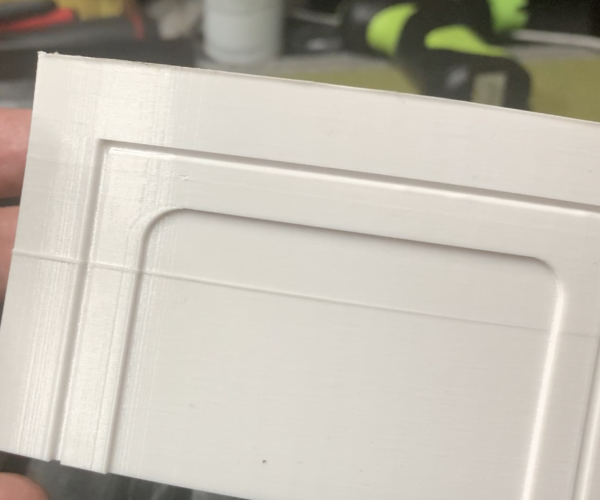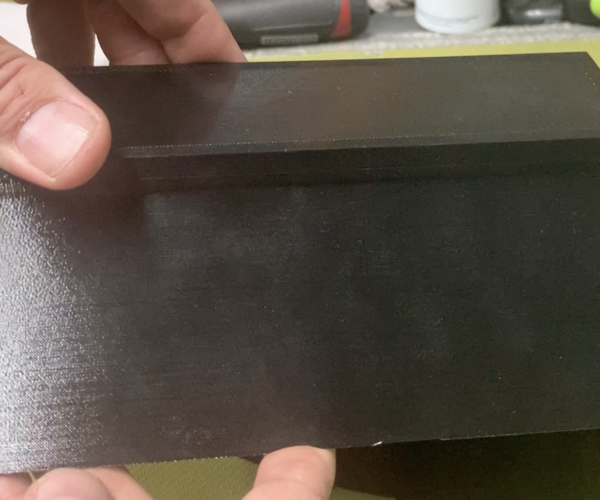Is white filament harder to print than other colors?
I've been having this bulging problem with PETG Signal White for a while. I haven't cared too much because I plan on sanding the surfaces of the pieces for the project I am currently working on but I have noticed that I don't get that bulge/line with black PETG (Jet Black). Both spools are Prusament and I am using the exact same printer profiles for both spools.
I have used about 11 spools of white and have gotten the same bulgy artifact and have gone through 3 spools of black with no bulge. I recently replaced all my rods and bearings and rebuilt my bed so the printer is printing better than it ever has except for the bulge in the white filament. PLA doesn't seem to have this issue. So I had read that white filaments usually have additives added to the filament to make it white and that this can cause printing issues. I was wondering if any of you guys knew if this was true?
RE: Is white filament harder to print than other colors?
@tentaclejoe
Your prints are warping, lifting off the bed slightly and slowly as the print advances this cause the type of blemish your seeing. Improving adhesion and surface area is the answer. A brim may help, or even something like Layerneer bed weld, or magic goo. adding a nice brim is where I would start.
Regards
Swiss_Cheese
The Filament Whisperer
RE: Is white filament harder to print than other colors?
I've been using a 5mm brim. It's strange how if my print is lifting it only happens with the white filament.
RE: Is white filament harder to print than other colors?
@tentaclejoe
There are entire threads here discussing that, I was looking more at a solution for your troubles.
I didn't want to start the whole white is harder to print then black, (it is in many cases) but not all, and then others would come in and say clear is even easier then black to print and next thing you know they are talking about Red, and well, as I mentioned this has been discussed to death. There are also some articles on the web talking about whats in different filaments and why they act differently, and I won't deny it's interesting reading, but in the end we have to deal with the problems they cause and the solutions.
You may like this one.
https://www.ptonline.com/articles/understanding-the-science-of-color
I'm sure some others will join in with opinions and various information.
Good Luck
Swiss_Cheese
The Filament Whisperer

